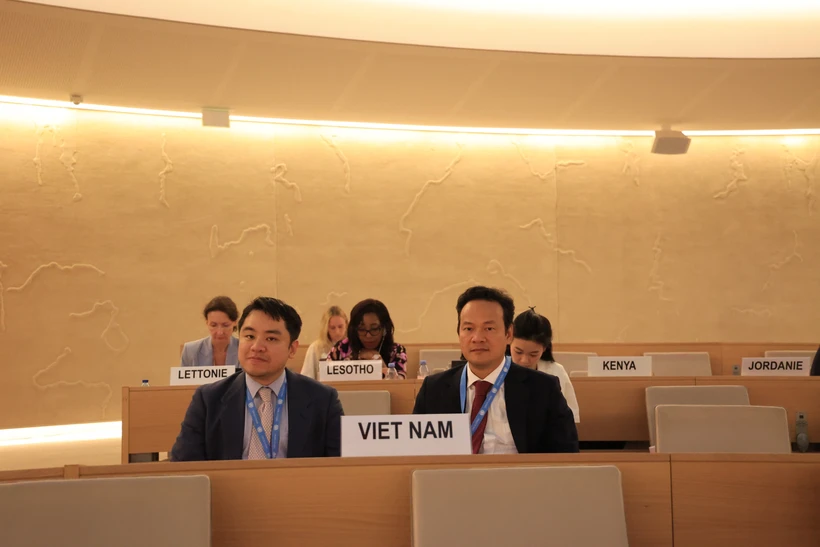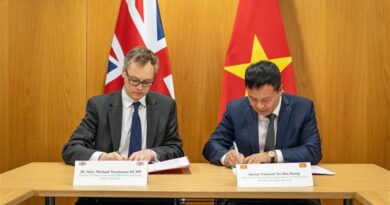Vietnam Urges Stronger International Cooperation to Address Climate Change Impacts on Livelihoods

Vietnamese Ambassador Mai Phan Dung has called on the international community to enhance cooperation in effectively addressing the impacts of climate change on livelihoods. He emphasized that ensuring sustainable livelihoods is a top priority for developing countries.
Representing the core group of the UN Human Rights Council (HRC) resolution on human rights and climate change—which includes Vietnam, Bangladesh, and the Philippines—Ambassador Dung made this appeal during a debate on sustainable livelihoods amidst climate change impacts. The debate was part of the HRC’s 56th session in Geneva.
Ambassador Dung affirmed that sustainable livelihoods, especially for groups vulnerable to climate change, are crucial for developing countries. He noted that climate change and extreme weather conditions are causing significant damage to housing, ecosystems, and infrastructure, thereby weakening economies and affecting the enjoyment of fundamental human rights, particularly for vulnerable groups.
In addition to calling for stronger international cooperation to address climate change impacts on livelihoods, Dung urged efficient management of the Loss and Damage Fund, established at the 28th UN Climate Change Conference (COP28). This fund is intended to provide necessary financial support to communities affected by climate change, especially in developing countries.
The ambassador suggested several solutions, including:
- Implementing policies to empower local communities through education, resources, and adaptation strategies.
- Promoting sustainable practices in agriculture and fisheries to ensure food security and sustainable livelihoods.
- Integrating climate adaptability improvements into social protection programs to strengthen the resilience of vulnerable groups.
Vietnam considers climate change response a top priority and has enacted numerous policies and action plans to combat this global issue. The country has also committed to strong international agreements, including reducing greenhouse gas emissions to achieve net zero emissions by 2050.


